Warning: This is not your typical “don’t eat that” lecture from the food police. I’m not that kind of dietitian and Thanksgiving is not that kind of day. It’s the biggest food holiday of the year, darn it! It’s one day we are supposed to ditch food rules. In fact, I’ll go as far as to say I think it’s a matter of well-being to reclaim Thanksgiving as a day to joyfully feast—celebrating friends, family, and life with some really delicious food. Here are five reasons why:
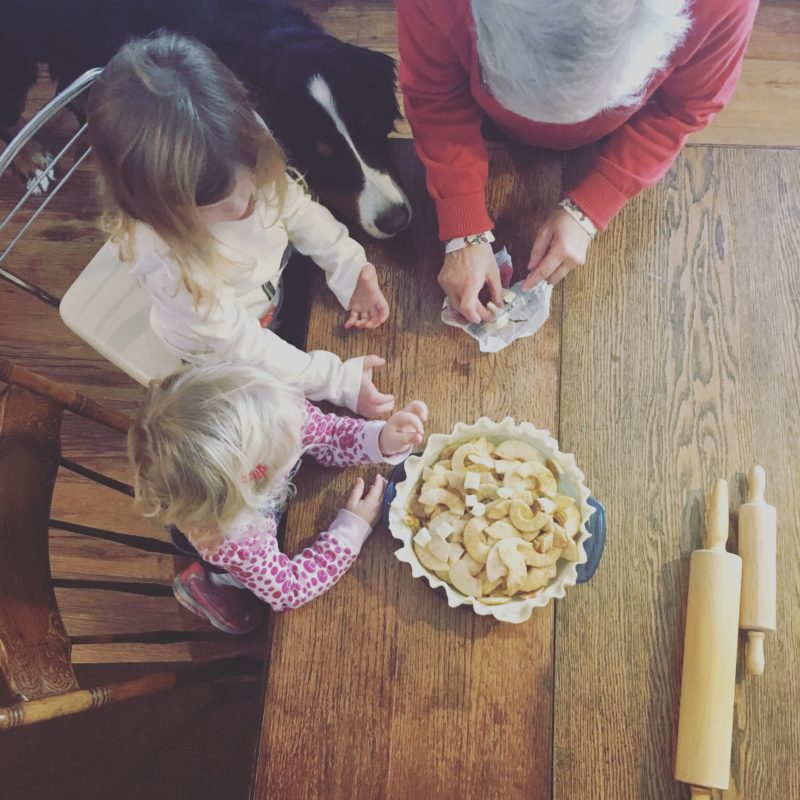
1. Feasting is not bad.
A feast is simply an abundant meal you eat in celebration. Throughout history, we have used food as a means to party. Alan Levinovitz, professor of philosophy and religious studies at James Madison University and author of The Gluten Lie: And Other Myths About What You Eat, warns against always thinking about food in terms of nutrition or health. “Food rituals are a crucial part of how we celebrate, mourn, gather together and create memories,” he says. “Feasts are one of those rituals, and fearing them—like fearing birthday cake—is evidence that we’re losing our holistic understanding of this amazing part of life.” When you stop thinking about food as potentially “bad” and start thinking of it as part of enjoyment, something magical happens. You just stop worrying so much. Food is there as part of the experience—and that’s it. Your mind is free to be happy and enjoy all the other goodness of the day.
2. Feasting doesn’t have to be painful.
Just because you’re around an abundance of food doesn’t mean you have to eat so much of it that you literally hurt from the inside out. Remember that, especially on Thanksgiving, the food isn’t going anywhere. You have all day to eat food in a feel-good way. Your meal can last hours. You can put a break between first and second helpings, or between the meal and dessert. I like to eyeball everything on the table and ask myself, “What am I truly interested in tasting right now?” and build my plate from there. I’d rather take a little of everything and savor it mindfully, knowing I can always get more another time, than load up on the first thing I see right away. “Am I enjoying this?” “How full am I?” and “How do I want to feel when I’m done eating?” are good questions you can use to pace your eating and gauge when you should stop. It’s only when people mindlessly pile up food and devour it that they suddenly feel like they busted a gut. Mindful eating can help you avoid that feeling, but if you mess up, just take a break from eating and give yourself time to digest.
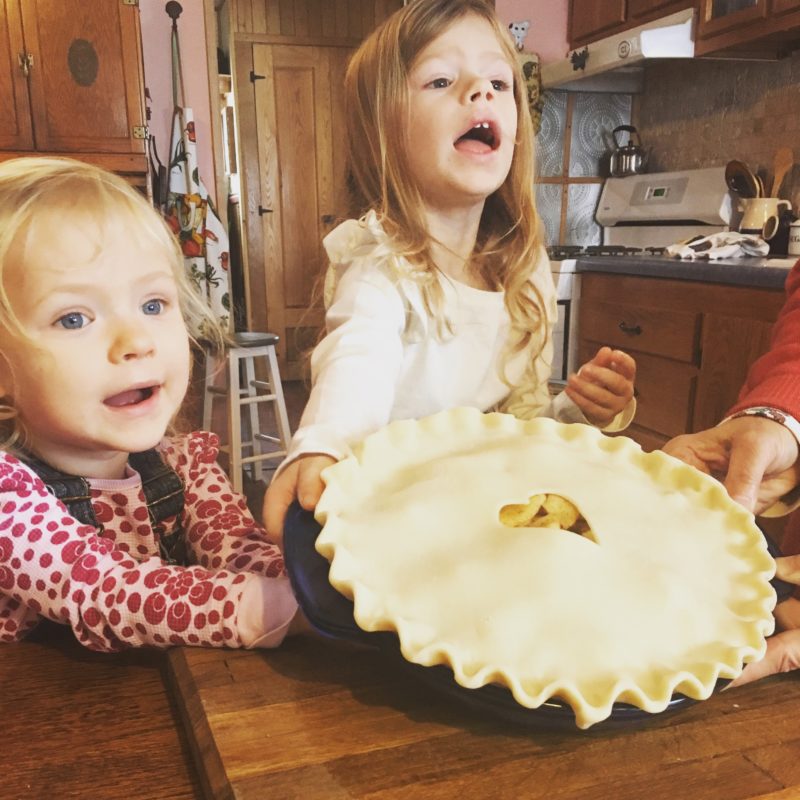
3. Feasting is about more than food.
What else is part of your Thanksgiving celebration that makes you feel more connected to other people and our planet? Do you participate in a turkey trot? Donate time or money to those less fortunate? Whether your Thanksgiving means more than turkey is entirely up to you. Even if you don’t have any history of non-food traditions, you can always start one. Here are a few Ideas:
- Give to others. Find a way to donate food, money, time, or other resources to a community or family in need. Check local churches or community centers, or just surprise neighbors down on their luck with a gift card and wishes for a joyful holiday.
- Pray before you eat. Find the most religious person at your table and ask him or her to offer a prayer. Or, if it suits you better, read a poem, book passage, or other meaningful mantra to help center everyone’s hearts and minds before the meal. I find it particularly warming to acknowledge the labor that went into providing the meal—giving thanks to the farmers, the animals, Mother Earth, the chefs, and the company around the table.
- Share gratitude. Pull out a jar and scrap pieces of paper. Ask your guests to share what they are grateful for or their favorite positive quote, song or movie lyric, bible verse, or any other inspiration.
- Go play. If you’re lucky enough to have kids around, go outside and act like them. Take a walk, pick up leaves and acorns, or draw with sidewalk chalk. When we play, we open ourselves up to creativity and optimism. Our laughter boosts our moods and we just feel good.
4. Feast on positive conversation.
There’s nothing more unappetizing than hearing negative comments at holiday gatherings. We all have that crazy relative who has no filter, but you can redirect that chatter instead of feeding into it. How? Abstain from phrases like, “I shouldn’t eat this,” don’t call foods negative words like “fattening” or “sinful” and don’t comment on how much food someone takes, as in, “Are you really going to eat all of that?” Erase all comments like, “Oh my gosh, you’ve lost so much weight,” too. Even if you can’t control what your relatives say, you are in control of your words and judgments. A smile and an “I’m so glad you’re here” do wonders to neutralize the conversation without you having to say something that’s only going to fuel the fire.
5. Let the feast end.
The original Thanksgiving was meant to celebrate the fall harvest and it lasted several days—not one. I’m sure today’s 2,000- to 4,000-calorie plates would shock the pilgrims. Our Thanksgiving is just one day in the entire year. Most people who are used to eating balanced meals don’t want to overdo it. Follow what speaks to you and let the feast end. There’s nothing to make up for come Black Friday. Just go back to being yourself—and do the things you always do to take care of you. Sleep, hydrate, move your body (yes, shopping counts!), and eat when you are hungry. You can reimagine leftovers if you want, but instead of reliving the overeating part, focus on balance. Stir a sliver of pumpkin pie into your morning oatmeal. Add fresh veggies to your leftover turkey at lunch. You’ll find that you really can stretch out the flavors of the holiday without ditching your typical habits for more than a single day.
For more body positivity tips and healthy habits, check out my upcoming book, Body Kindness, on sale this January.

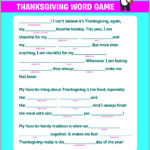
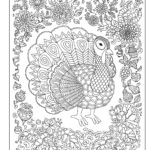
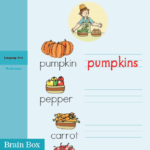
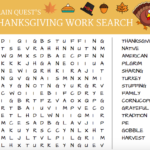
No Comments